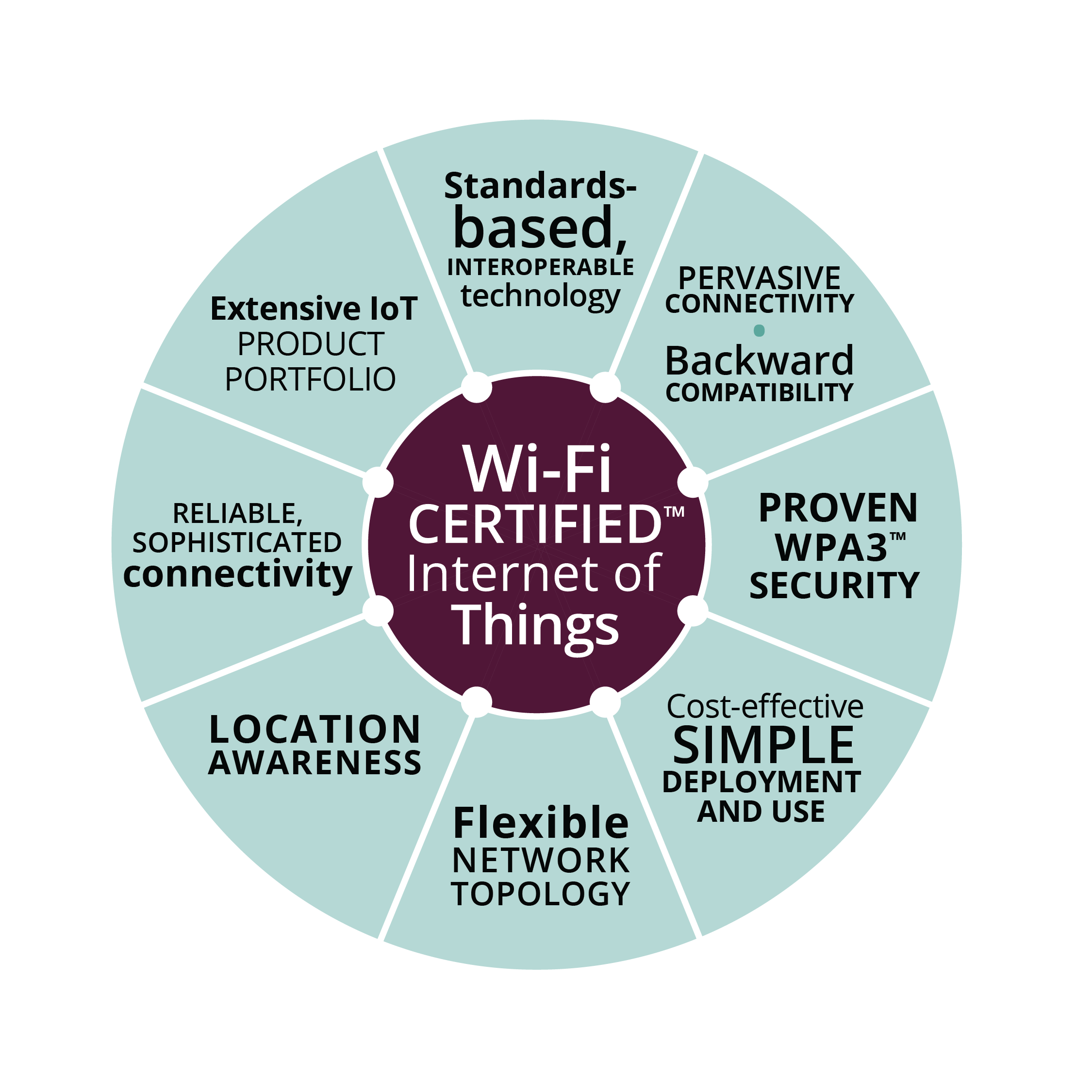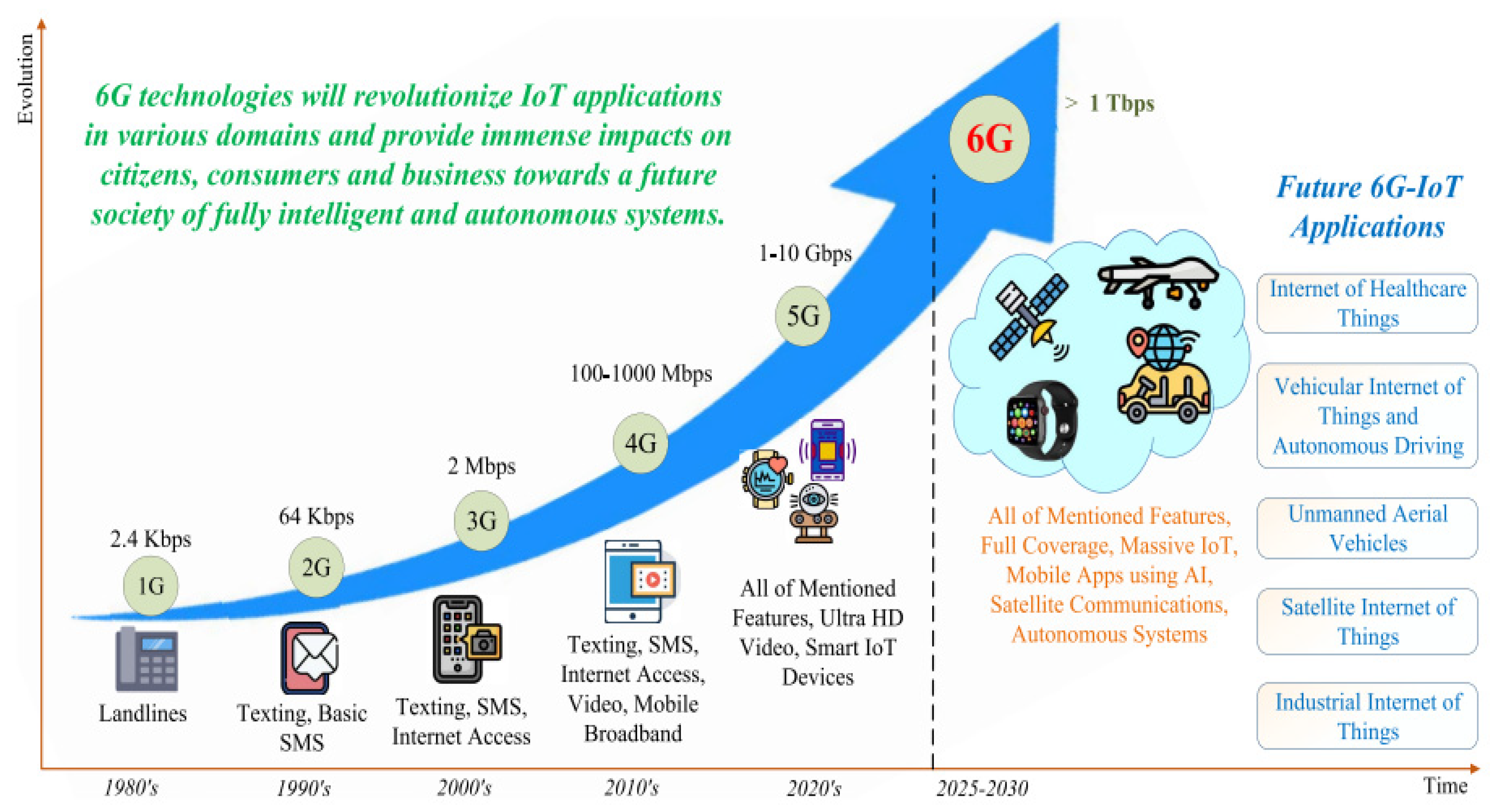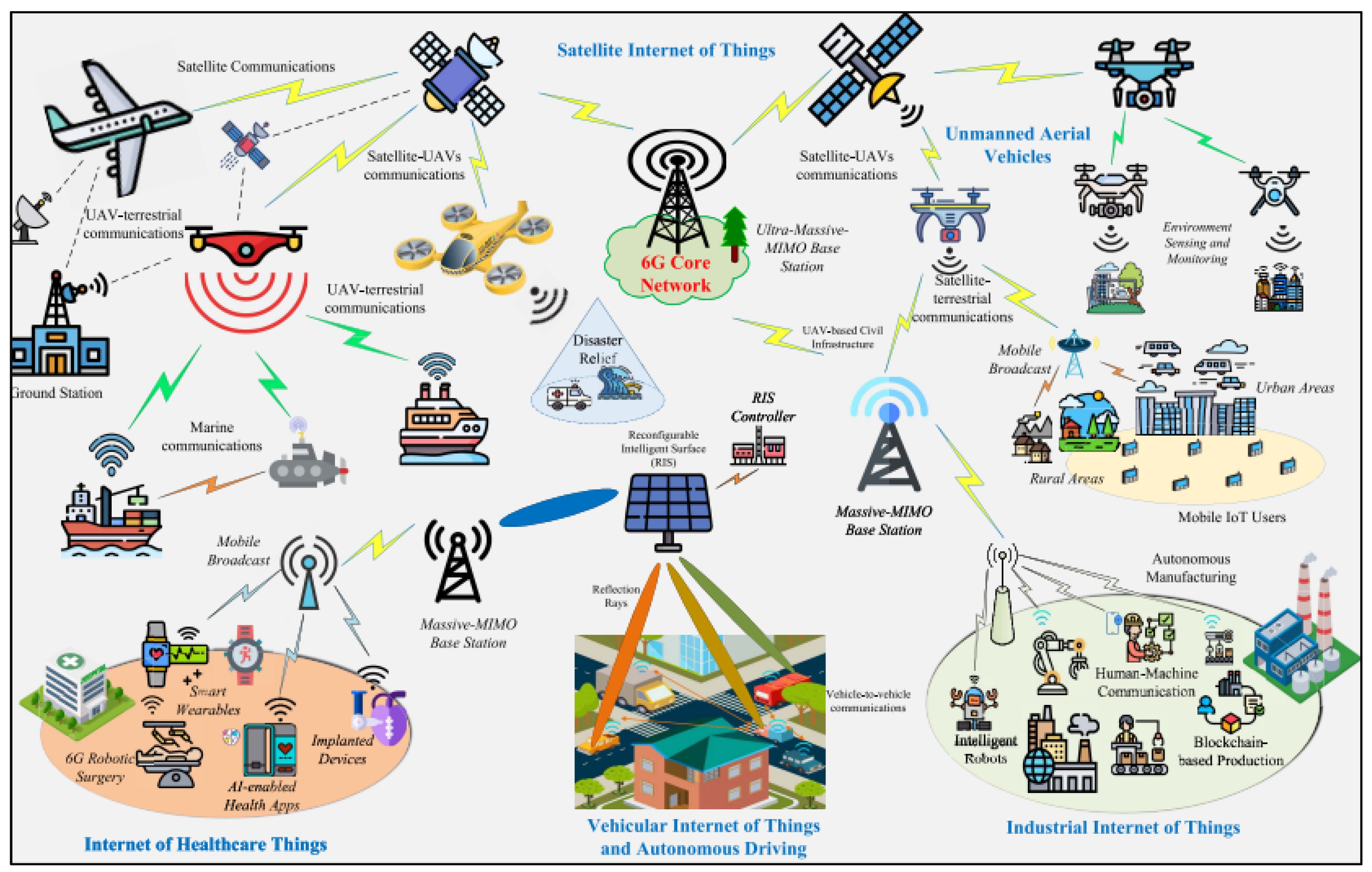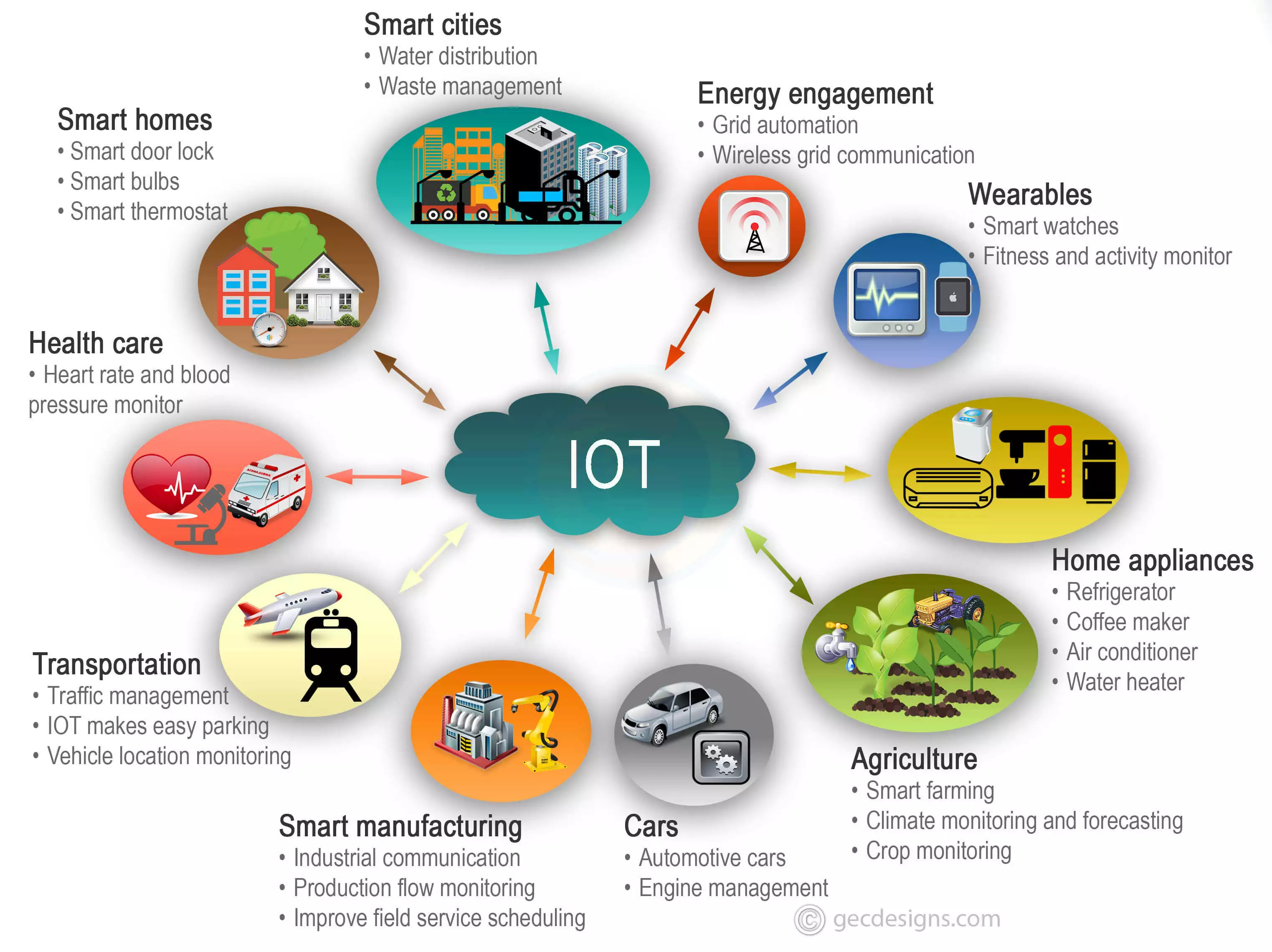The Internet Is Based On Which Three Key Technologies

For many, the internet is as essential as electricity, a ubiquitous force shaping communication, commerce, and culture. But beneath the surface of websites, apps, and streaming services lies a complex infrastructure built upon surprisingly few core technologies.
This article explores the three foundational technologies that make the internet possible: TCP/IP (Transmission Control Protocol/Internet Protocol), DNS (Domain Name System), and HTTP (Hypertext Transfer Protocol). Understanding these pillars is crucial for grasping the internet's architecture and its ongoing evolution.
The Nut Graf: A Foundation of Three Pillars
The internet, at its core, relies on three key technologies. These are TCP/IP, which handles data transmission; DNS, which translates domain names into IP addresses; and HTTP, which governs how web browsers and servers communicate.
Without these technologies, the seamless experience of browsing the web would be impossible.
TCP/IP: The Language of the Internet
TCP/IP is the foundational protocol suite that enables communication between devices on the internet. Think of it as the language that computers use to "talk" to each other.
It is not a single protocol, but rather a collection of protocols that work together to ensure reliable data transmission. TCP breaks data into packets, ensures they are delivered in the correct order, and handles error correction, while IP provides the addressing system to route those packets across the network.
Its development was crucial to the internet's scalability and reliability.
DNS: The Internet's Address Book
Imagine trying to navigate the internet by remembering a long string of numbers for every website you want to visit. That’s what it would be like without DNS.
The DNS acts as a global phonebook for the internet, translating human-readable domain names (like "example.com") into numerical IP addresses (like "192.0.2.1") that computers use to locate each other.
This system simplifies internet navigation for users and is essential for the internet's usability.
HTTP: The Web's Conversation Starter
HTTP is the protocol that enables web browsers and servers to communicate and exchange information. It defines how clients (like your web browser) request resources from servers and how servers respond.
When you type a web address into your browser, it sends an HTTP request to the server hosting that website. The server then responds with the requested data, such as the HTML code that your browser renders to display the webpage.
HTTP has evolved over time, with versions like HTTPS adding encryption for secure communication.
The Interplay of Technologies
These three technologies don't operate in isolation. They work together seamlessly to enable the internet experience we know.
When you type a web address, DNS resolves the domain name to an IP address. Your browser then uses TCP/IP to establish a connection with the server at that address. Finally, HTTP is used to request and receive the web page data.
It is a symphony of interconnected systems.
Impact and Evolution
These core technologies have enabled the internet to become the powerful force it is today.
However, they are not static. Ongoing developments and innovations are constantly improving their efficiency, security, and scalability. For example, new protocols are being developed to address issues like network congestion and data privacy.
The evolution of these core technologies directly impacts the future of the internet itself.
A Human Perspective
Consider the story of Vint Cerf and Bob Kahn, often called the "fathers of the internet," who were instrumental in developing TCP/IP in the 1970s. Their work laid the groundwork for the interconnected world we live in today.
Their vision was to create a resilient and open network that could connect researchers and institutions across the globe. The impact of their creation has far exceeded their initial expectations.
The Future of the Internet's Foundation
As the internet continues to evolve, these fundamental technologies will need to adapt to meet new challenges and demands.
The increasing use of mobile devices, the rise of the Internet of Things (IoT), and the growing importance of cybersecurity are all factors that will shape the future of TCP/IP, DNS, and HTTP.
Conclusion
TCP/IP, DNS, and HTTP are the unsung heroes of the internet, providing the essential infrastructure that enables global communication and information sharing. Understanding these foundational technologies is key to appreciating the complexity and power of the internet, and to participating in its ongoing evolution.
While often unseen, their impact is felt every time we browse the web, send an email, or stream a video.


















